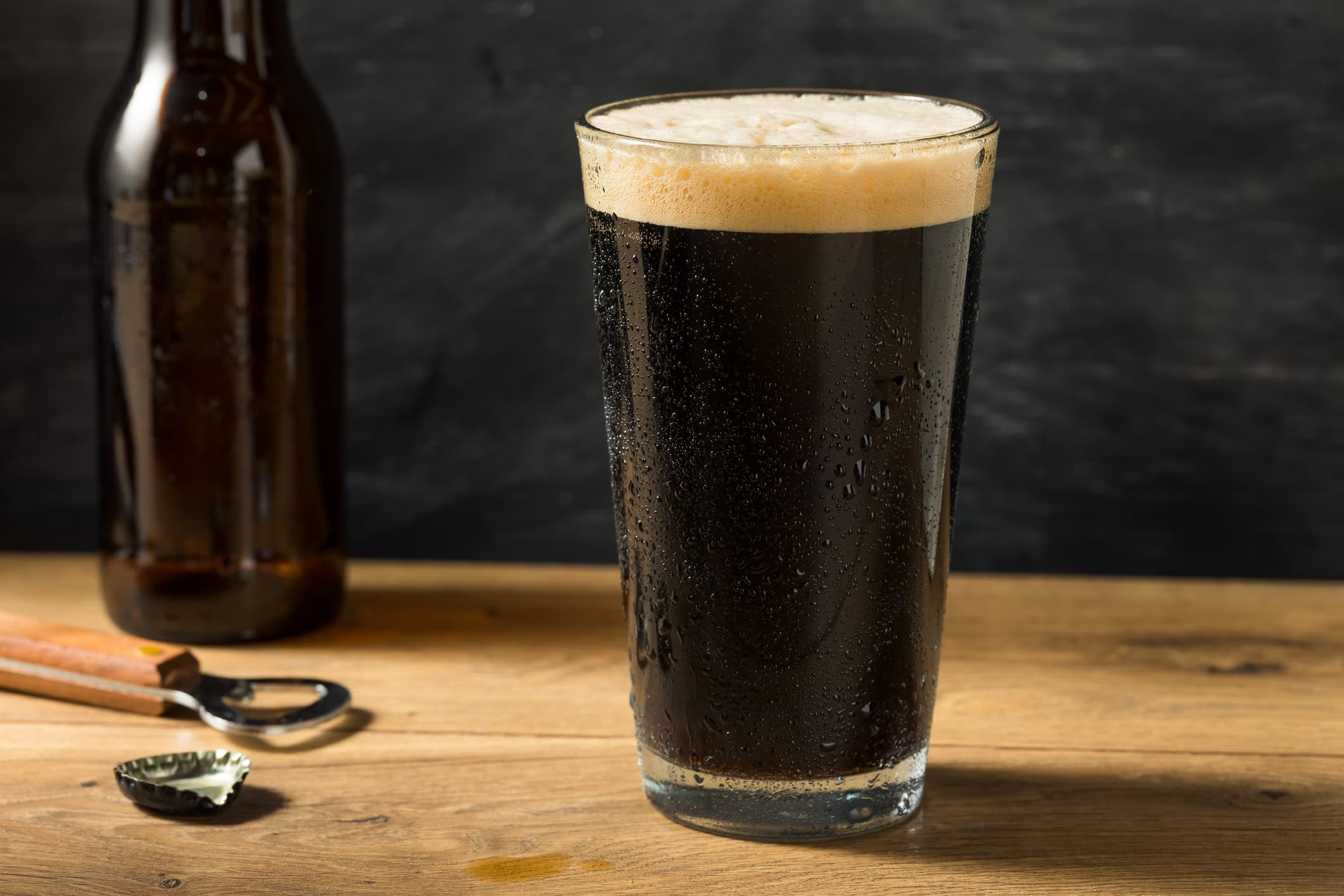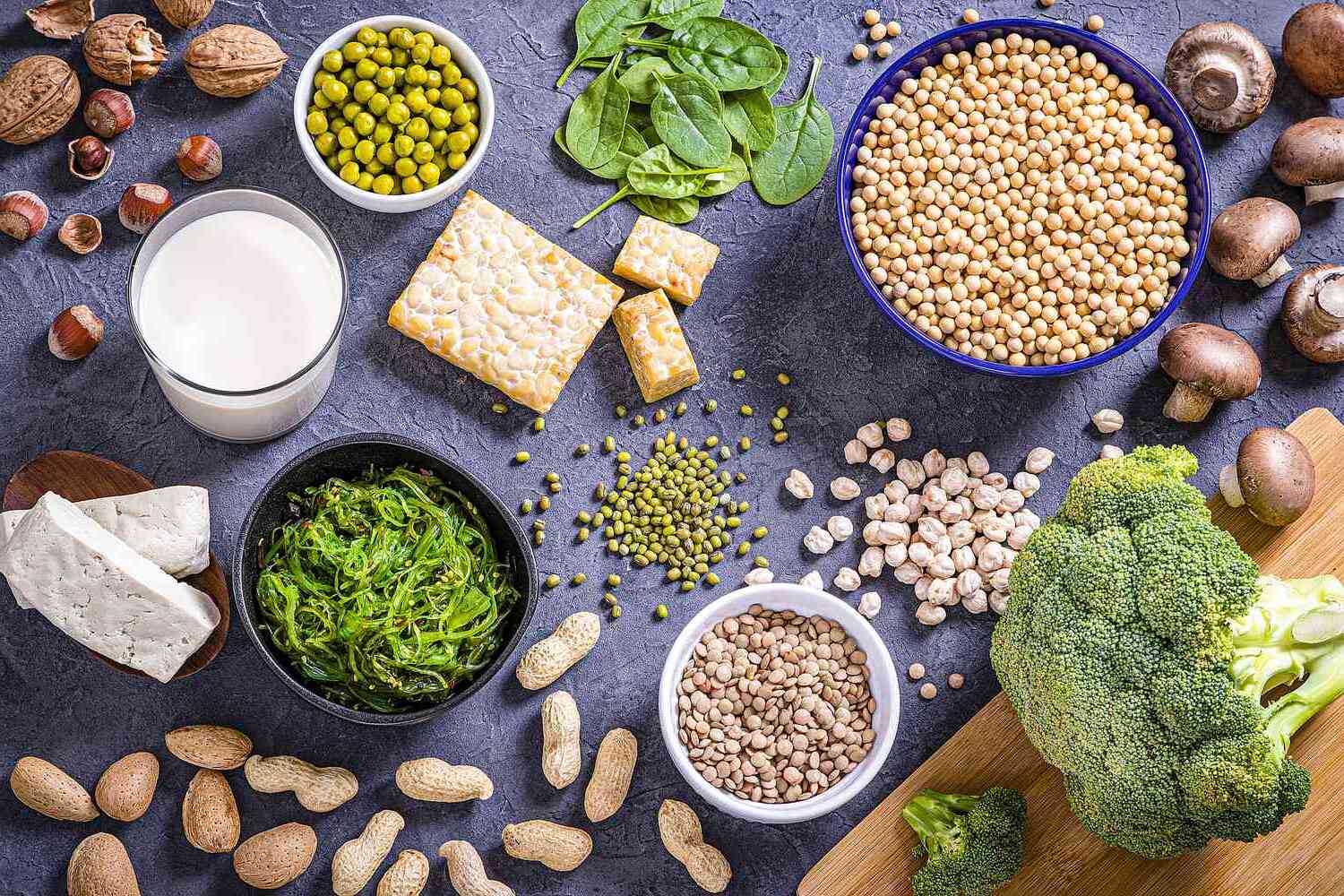
Stout beer is a popular and beloved beverage known for its rich and robust flavors. But did you know that stout beer also packs a punch when it comes to nutrition? Yes, that’s right! Beyond just being a flavorful and enjoyable drink, stout beer offers a range of health benefits and surprising nutritional value. Whether you’re a beer enthusiast or simply curious about the nutritional content of your favorite indulgence, this article is for you. In this comprehensive guide, we will dive into 18 stout nutrition facts that will shed light on the vitamins, minerals, and other essential nutrients present in this delightful drink. So grab a glass of your favorite stout, sit back, and prepare to discover the surprising nutritional benefits of this classic beer style.
Key Takeaways:
- Stout beer is dark, rich, and high in B vitamins and iron, making it a flavorful and nutritious beverage when consumed in moderation.
- Stout pairs well with savory dishes and desserts, and its versatility allows for unique and innovative variations, making it a favorite among beer enthusiasts.
Stout is a dark and rich beer.
Stout is known for its deep, dark color and robust flavor profile. It is brewed using roasted barley, which gives it a distinct and intense taste.
Stout is typically higher in alcohol content compared to other types of beer.
The alcohol content in stout beers usually ranges between 5% and 8%, making it a stronger beverage compared to lighter beer styles.
Stout is often associated with chocolate and coffee flavors.
The roasted malts used in stout brewing contribute to its characteristic chocolate and coffee notes, providing a delightful and complex taste experience.
Stout is a good source of B vitamins.
Stout beers contain significant amounts of B vitamins, such as niacin, riboflavin, and folate. These vitamins play a crucial role in energy production and overall health.
Stout can contribute to your daily iron intake.
The roasted barley in stout contains iron, an essential mineral that helps transport oxygen in the body and supports red blood cell production.
Stout is a source of dietary fiber.
Stout beers contain fiber, which aids in digestion and helps maintain a healthy digestive system. However, it is important to consume stout in moderation, as excessive alcohol intake can have detrimental effects on health.
Stout contains antioxidants.
The dark grains used in stout brewing are rich in antioxidants, which help protect the body against oxidative stress and promote overall well-being.
Stout can be enjoyed in various forms, including milk stout and oatmeal stout.
Milk stout is brewed with lactose, adding a subtle sweetness to the beer. Oatmeal stout, on the other hand, incorporates oats for a smooth and creamy texture.
Stout pairs well with savory dishes like roasted meats and chocolate desserts.
The robust flavors of stout complement the richness of roasted meats, while its chocolate notes make it an excellent match for indulgent desserts.
Stout is often used as an ingredient in cooking and baking.
The deep flavors of stout make it a popular choice for enhancing stews, sauces, and even chocolate cakes.
Stout can improve heart health when consumed in moderation.
Research suggests that moderate alcohol consumption, including stout, can have a positive impact on heart health by increasing HDL (good) cholesterol levels and reducing the risk of cardiovascular disease.
Stout contains fewer calories compared to other alcoholic beverages.
While stout is higher in alcohol content, it typically has fewer calories than sugary cocktails or sweet wine. However, it is important to be mindful of portion sizes to avoid excessive calorie intake.
Stout is enjoyed worldwide and has cultural significance in countries like Ireland.
In Ireland, stout, particularly Guinness, holds a special place in the culture and is often associated with traditional Irish pubs and St. Patrick’s Day celebrations.
The popularity of stout has led to the emergence of craft breweries specializing in unique and innovative stout variations.
Brewers are constantly experimenting with flavors and ingredients to create new and exciting stout beer experiences for enthusiasts.
Stout can be aged like fine wine or whiskey.
Certain stouts, especially those with higher alcohol content, can develop complex flavors and mellow over time when stored in appropriate conditions.
Stout is best enjoyed in a proper glassware.
A pint glass or a tulip-shaped glass with a narrow top can help enhance the aroma and flavor of stout by allowing the beer to breathe.
Stout is a versatile beer that can be brewed with various adjuncts like fruit, spices, or even barrel-aged.
This versatility allows brewers to create unique and diverse stout beer offerings that cater to different tastes and preferences.
Stout has a loyal and dedicated fan base.
Stout enthusiasts appreciate the bold and complex nature of the beer, leading to a thriving community of beer lovers who enjoy exploring different stout styles and flavors.
Conclusion
Stout, with its rich and robust flavors, is not only a delicious beverage but also offers numerous health benefits. It contains essential vitamins, minerals, and antioxidants that can contribute to overall well-being. Moderate consumption of stout can improve heart health, promote better digestion, and may even help in maintaining a healthy weight.
However, it’s important to remember that excessive consumption of any alcoholic beverage, including stout, can have negative effects on health. It’s always recommended to drink in moderation and consult with a healthcare professional for personalized advice.
FAQs
Q: Is stout high in calories?
A: Yes, stout is higher in calories compared to lighter beers. On average, a standard serving of stout contains around 200-250 calories. However, enjoying stout in moderation as part of a balanced diet should not be a cause for concern.
Q: Can stout help with digestion?
A: Yes, stout contains soluble fiber known as beta-glucan, which is beneficial for digestion. Beta-glucan promotes the growth of good bacteria in the gut and can help improve overall gut health.
Q: Does stout have any vitamins and minerals?
A: Yes, stout contains a range of vitamins and minerals, including B vitamins, magnesium, and potassium. These nutrients play a vital role in supporting various bodily functions, such as energy production and healthy nerve function.
Q: Can stout help in reducing the risk of heart disease?
A: Moderate consumption of stout has been shown to have positive effects on heart health. The antioxidants present in stout, such as flavonoids, can help reduce inflammation and lower the risk of heart disease.
Q: Can stout help with weight management?
A: Stout can be a suitable choice for those looking to manage their weight. It is generally lower in carbohydrates compared to other alcoholic beverages, which can help in maintaining a healthy weight when consumed in moderation.
Was this page helpful?
Our commitment to delivering trustworthy and engaging content is at the heart of what we do. Each fact on our site is contributed by real users like you, bringing a wealth of diverse insights and information. To ensure the highest standards of accuracy and reliability, our dedicated editors meticulously review each submission. This process guarantees that the facts we share are not only fascinating but also credible. Trust in our commitment to quality and authenticity as you explore and learn with us.


